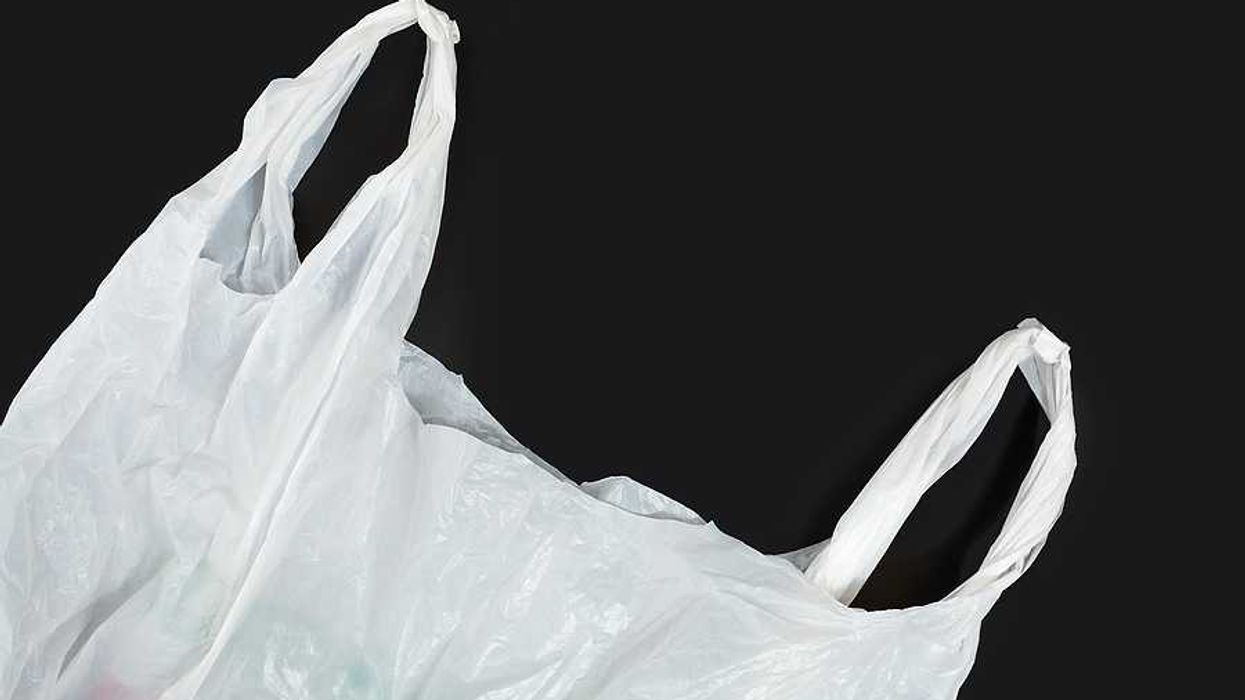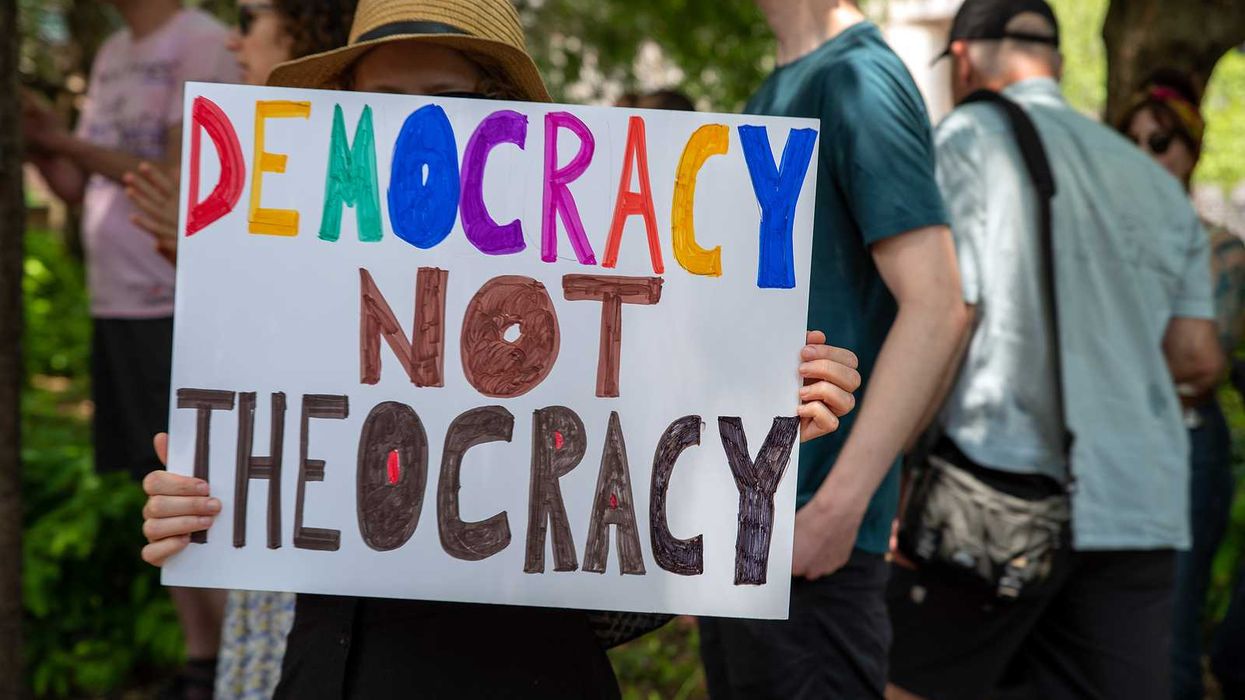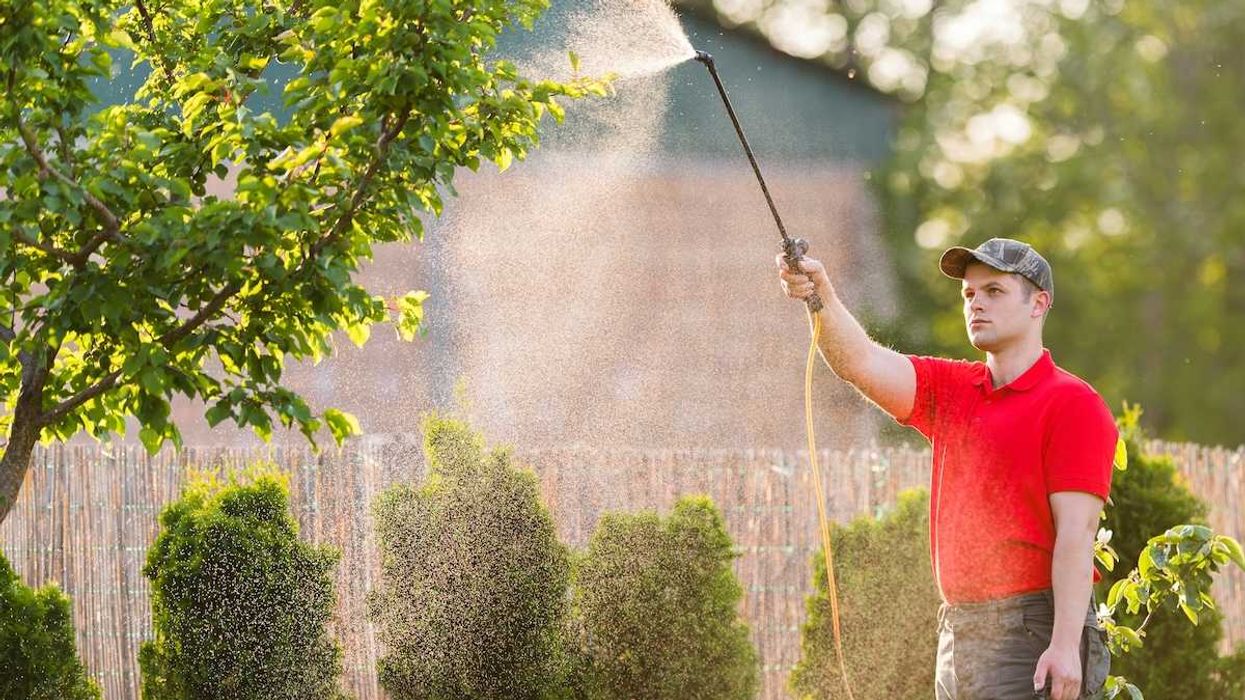Faced with deep research cuts under the Trump administration, a growing number of scientists are turning to direct community engagement in a bid to reclaim public trust and preserve science funding.
Tyler Kingkade reports for NBC News.
In short:
- Graduate students at Cornell launched the McClintock Letters, a nationwide campaign enlisting over 500 scientists to write op-eds for local newspapers explaining their research to the public.
- The Trump administration has proposed deep cuts to science funding, framing much of it as unnecessary or wasteful, prompting scientists to confront public misconceptions.
- New organizations like Stand Up for Science and Your Neighborhood Scientist are also promoting face-to-face engagement at community events and encouraging scientists to share personal stories.
Key quote:
“I think a lot of people haven’t met scientists and don’t know a lot about what we do and why, which means it’s easy to distrust science as a whole.”
— Katherine Xue, microbiologist at the University of California, Irvine
Why this matters:
Scientific research underpins public health, environmental protections, and technological innovation, yet it often goes unnoticed or misunderstood until it’s gone. Funding cuts — especially when politically motivated — can dismantle research programs that took decades to build, leaving gaps in knowledge and infrastructure that can't be quickly replaced. Worse, public skepticism of science, especially when stoked by misinformation or political rhetoric, can erode trust in essential facts about everything from climate change to vaccine safety. By being present in town halls, church basements, and local newspapers, scientists hope to bridge divides — and defend the public value of discovery before it’s too late.
Related: NIH staff revolt over deep cuts and political interference in research














